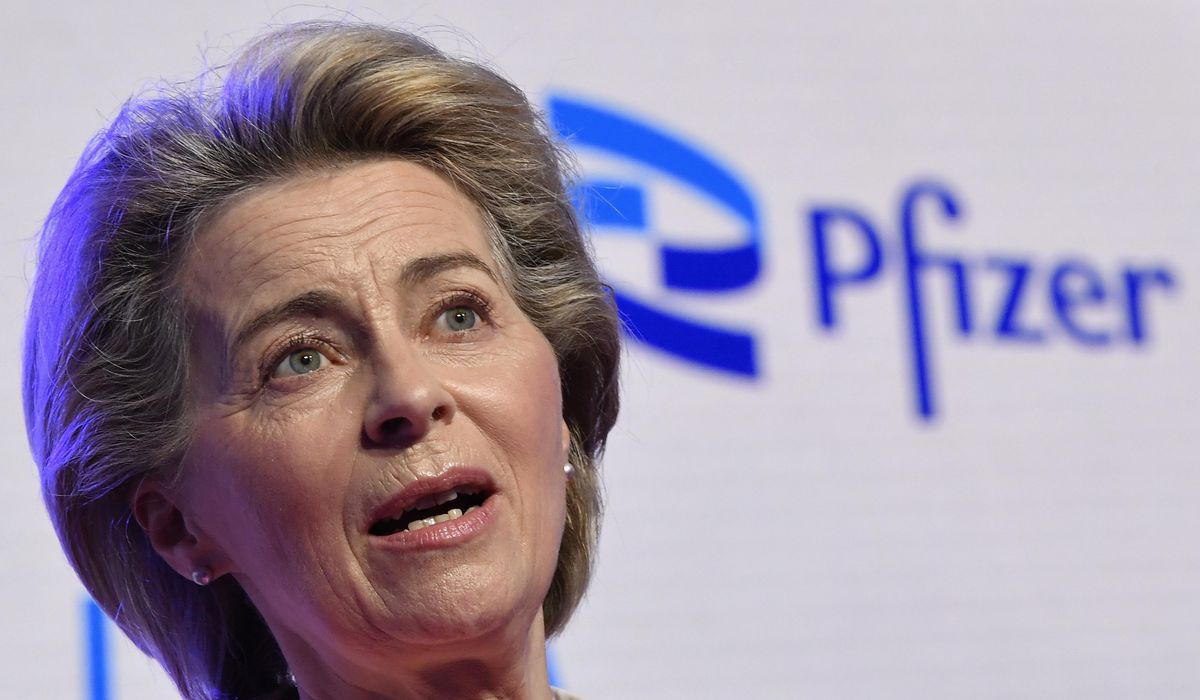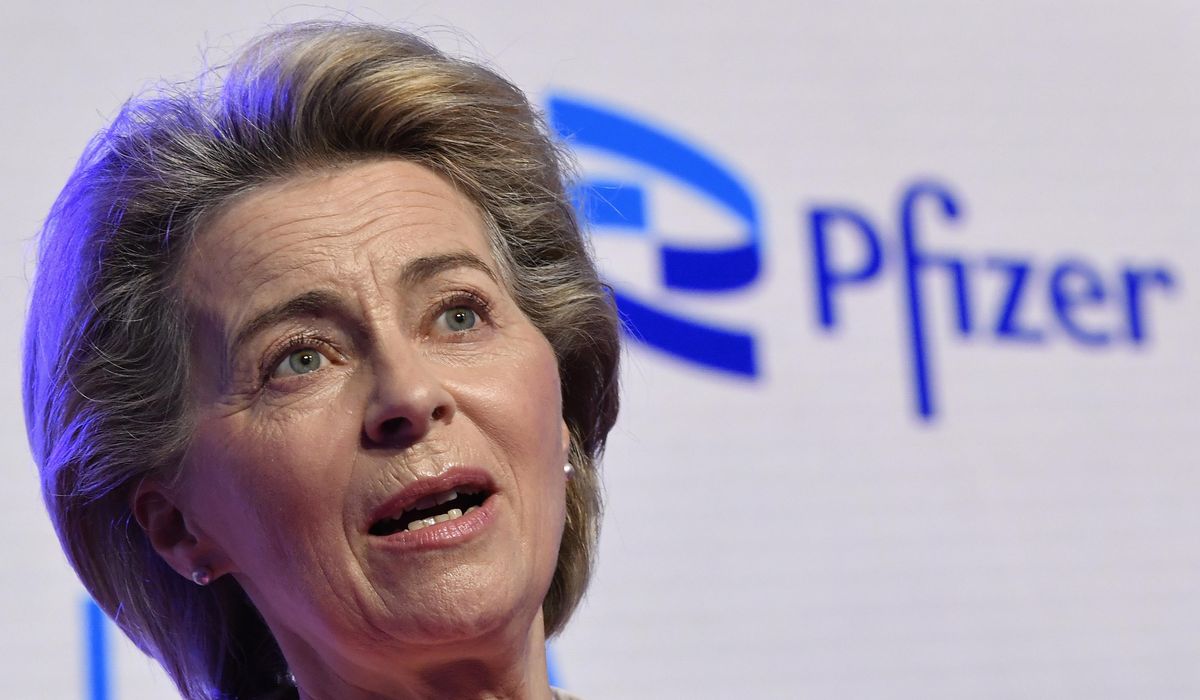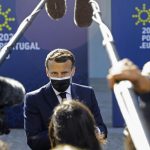
BRUSSELS (AP) – The European Union cemented its support for Pfizer–BioNTech and its novel COVID-19 vaccine technology Saturday by agreeing to a massive contract extension for a potential 1.8 billion doses through 2023.
EU Commission President Ursula von der Leyen tweeted that her office “has just approved a contract for a guaranteed 900 million doses” with the same amount of doses as a future option.
The new contract, which has the unanimous backing of the EU member states, will entail not only the production of the vaccines, but also making sure that all the essential components should be sourced from the EU.
The European Commission currently has a portfolio of 2.6 billion doses from half a dozen companies. “Other contracts and other vaccine technologies will follow,” von der Leyen said in a Twitter message.
Pfizer–BioNTech had an initial contract of 600 million doses with the EU.
Saturday’s announcement also underscores the confidence the EU has shown in the technology used for the Pfizer–BioNTech vaccine, which is different from that behind the Oxford-AstraZeneca vaccine.
The active ingredient in the Pfizer–BioNTech shot is messenger RNA, or mRNA, which contains the instructions for human cells to construct a harmless piece of the coronavirus called the spike protein. The human immune system recognizes the spike protein as foreign, allowing it to mount a response against the virus upon infection.
The announcement of the huge contract extension comes as the European Union is looking for ways to meet the challenges of necessary booster shots, possible new variants and a drive to vaccinate children and teenagers.
America’s Pfizer and Germany’s BioNTech have already said that they would provide the EU with an extra 50 million doses in the 2nd quarter of this year, making up for faltering deliveries of AstraZeneca.
In contrast to the oft-criticized Anglo-Swedish AstraZeneca, von der Leyen has said that Pfizer–BioNTech is a reliable partner that delivers on its commitments.
Two weeks ago, the EU launched legal proceedings against AstraZeneca for failing to respect the terms of its contract with the 27-nation bloc.
The AstraZeneca vaccine had been central to Europe’s immunization campaign, and a linchpin in the global strategy to get vaccines to poorer countries. But the slow pace of deliveries has frustrated the Europeans and they have held the company responsible for partly delaying their vaccine rollout.
So far, von der Leyen said, the EU has made some 200 million doses available to its 450 million citizens while almost as many have been exported from the bloc.







